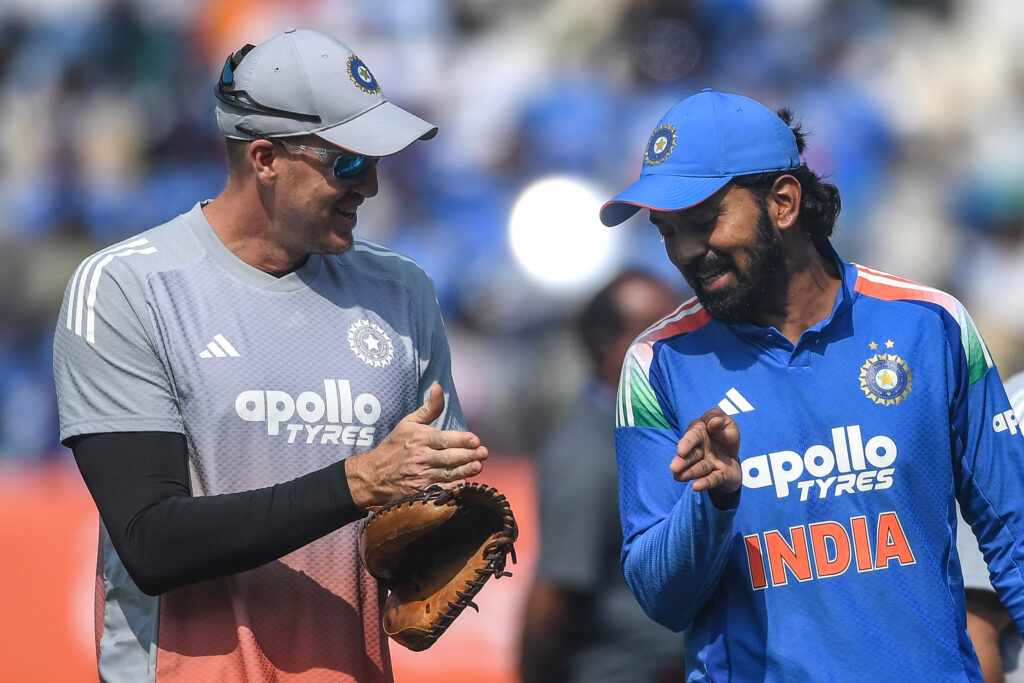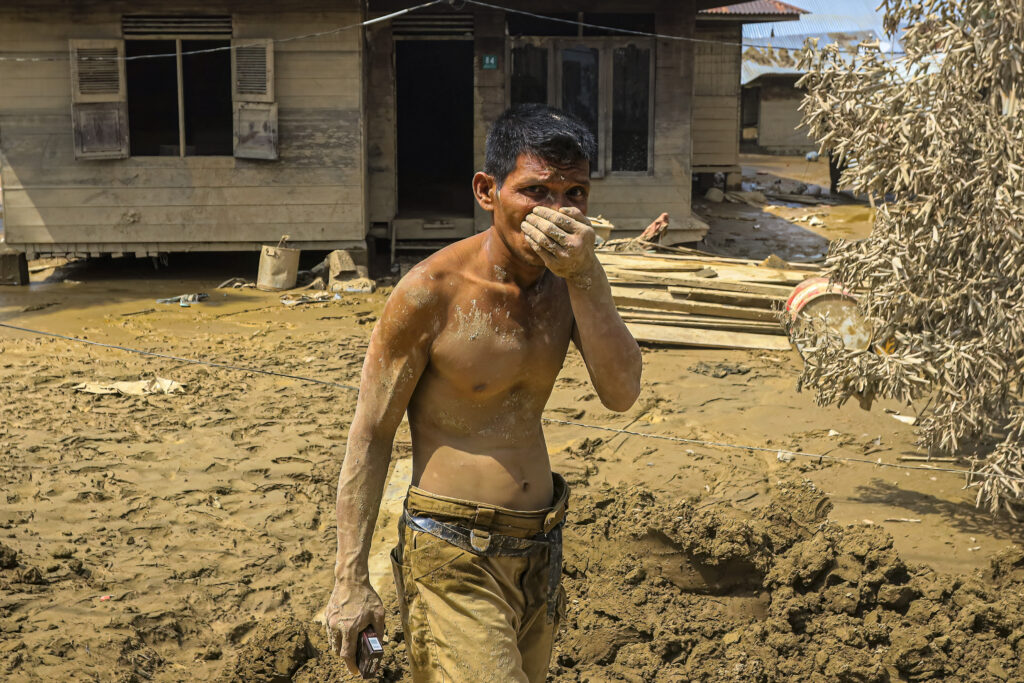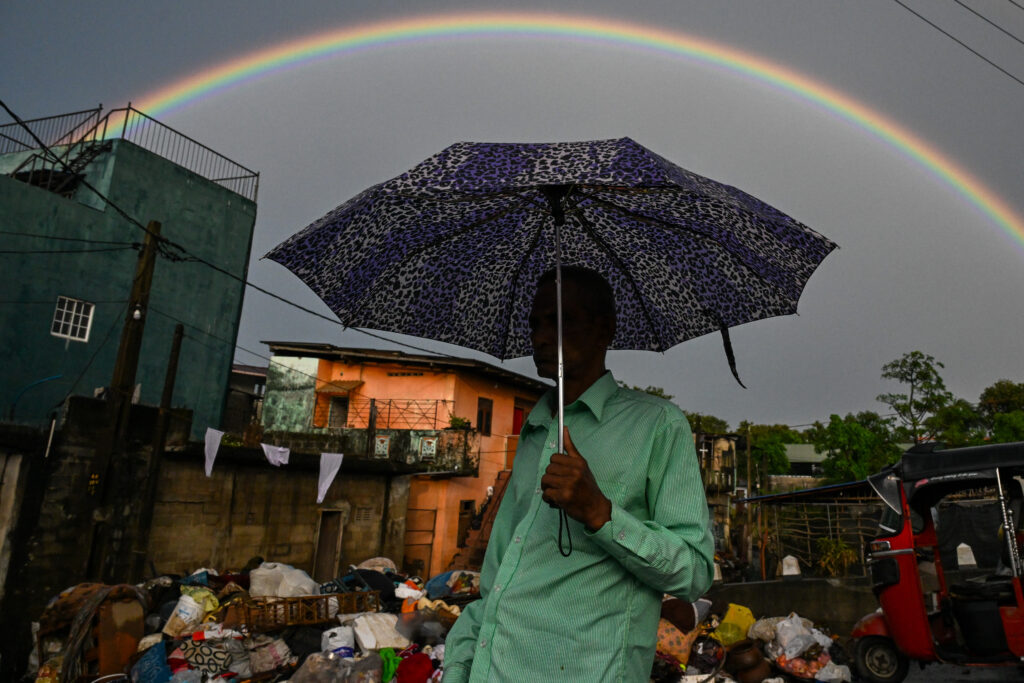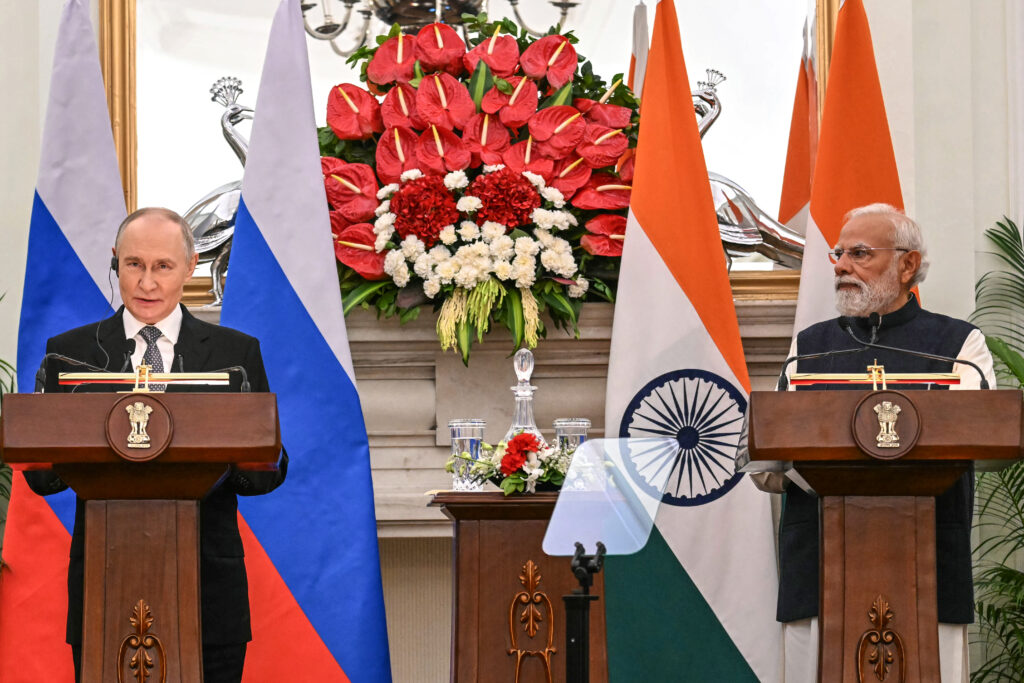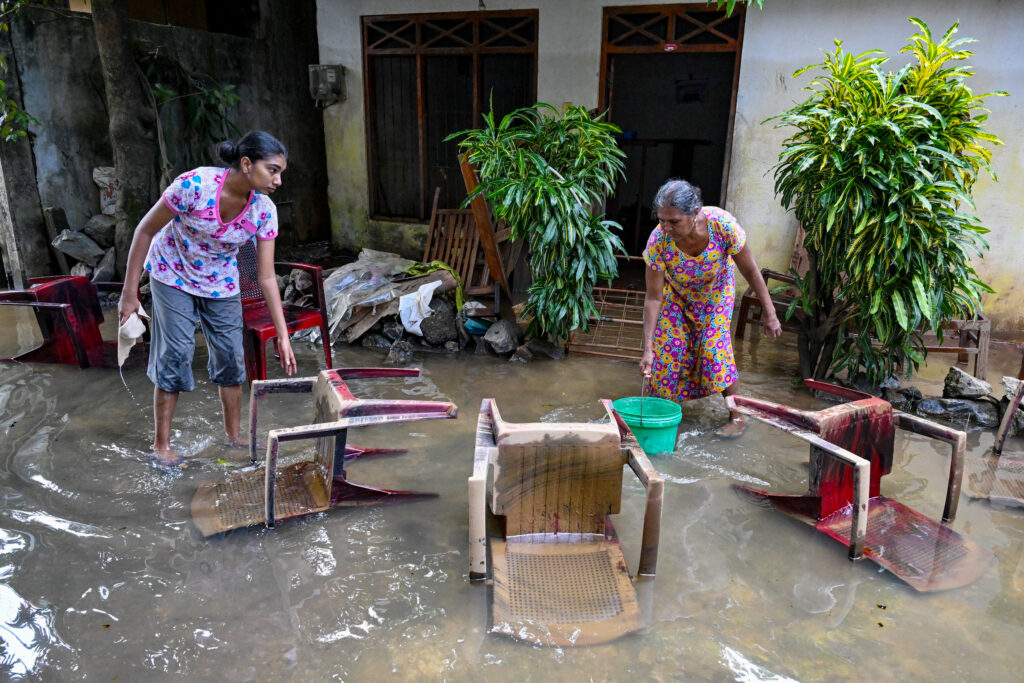Russian President Vladimir Putin said Friday he was ready to continue “uninterrupted shipments” of fuel to India, as New Delhi faces heavy US pressure to stop buying oil from Moscow.US President Donald Trump imposed punishing 50 percent tariffs on most Indian products in August, citing New Delhi’s continued purchases of Russian oil — revenue Washington argues helps fund the war in Ukraine.Prime Minister Narendra Modi, who is hosting Putin at a summit in New Delhi dominated by energy, defence and trade talks, thanked the Russian leader for his “unwavering commitment towards India”.Putin, on his first visit to close partner India since the Ukraine war, was given a red-carpet welcome with an honour guard and 21-gun salute.”Russia is a reliable supplier of oil, gas, coal, and everything that is required for the development of India’s energy,” Putin told Modi after talks.”We are ready to continue uninterrupted shipments of fuel for the fast-growing Indian economy,” he added, according to an official translator.Modi said that “energy security has been a strong and important pillar of the India-Russia partnership”, and while he referenced nuclear power, he made no specific reference to oil.India emerged as a major buyer of Russian oil after the start of the Ukraine war, providing Moscow with a crucial export market as Europe sharply reduced purchases.In 2024, Russia supplied nearly 36 percent of India’s total crude imports, around 1.8 million barrels of discounted oil per day.New Delhi has recently reduced Russian crude imports under pressure.Putin on Friday said he had shared with Modi “a great deal of details about the events taking place in Ukraine” and the efforts Moscow is taking “together with some partners, including the United States, on a possible peaceful settlement”.Modi said that “India has always advocated for peace in relation to Ukraine”.- ‘Balancing acts’ -India is walking a diplomatic tightrope — relying on strategic Russian oil imports while trying not to provoke Trump during ongoing tariff negotiations with Washington.”Balancing acts are second nature to Indian foreign policy making,” Pankaj Saran, a former Indian envoy to Russia, wrote in the Times of India on Friday.Modi addressed “my friend” Putin and praised New Delhi and Moscow’s longstanding ties.”We have agreed on an economic cooperation program until 2030,” Modi told Putin, after officials exchanged a raft of agreements spanning jobs, health, shipping and chemicals.”This will ensure that our trade and investment are diversified, balanced, and sustainable.”Bilateral trade reached $68.7 billion in 2024-25 — almost six times higher than the pre-pandemic levels — but Indian exports accounted for only $4.88 billion.”This visit is part of India’s diversification strategy, both in terms of strategic and economic, especially at a time when the US tariffs have hurt India,” Ashok Malik of business consultancy The Asia Group told AFP.India is one of the world’s top arms importers, and Russia has long been a principal supplier.But New Delhi has also sought alternative suppliers, as well as boosting domestic production — with the Russian share of India’s arms imports falling from 76 percent in 2009-13 to 36 percent in 2019-23, according to the Stockholm International Peace Research Institute.Besides discussions around cutting-edge defence hardware, which includes air defence systems, fighter jets, and nuclear submarines, New Delhi will push for easier access to the wider Russian market.Defence ministers met as part of the talks, Indian foreign ministry official Vikram Misri said, but no final deal was struck.
